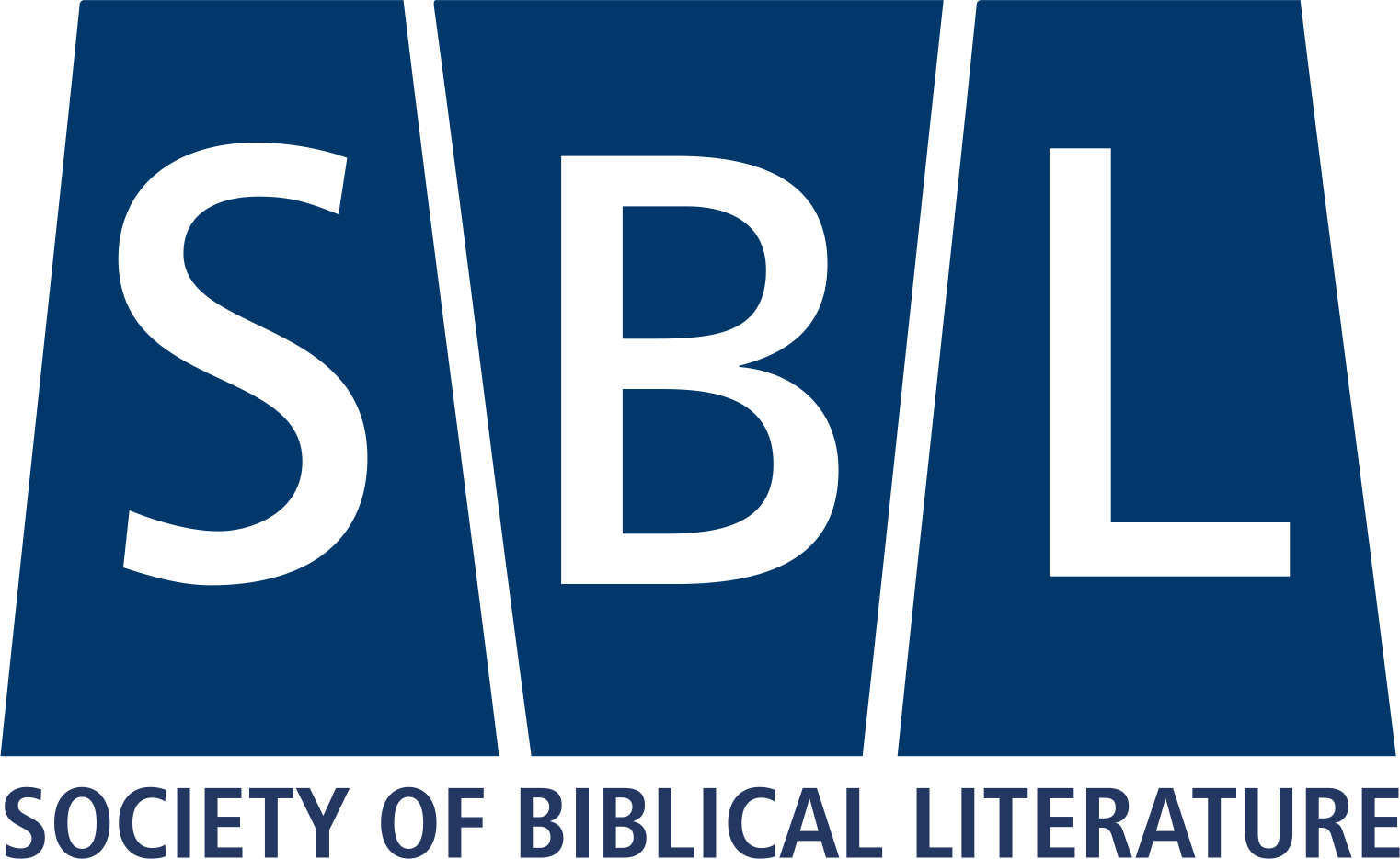$42.00
Philostratus’s Heroikos, available in English for the first time, is a fictional dialogue set at the tomb of Protesilaos, the first hero to die in the Trojan War. Returning to life, Protesilaos reveals his insights about Homer, the Trojan War, its heroes, and their cults. The author of the Life of Apollonius of Tyana molds heroic traditions to promote for his own day a renewed Greek cultural and religious outlook, providing fresh material for comparing the construction of cultural identity by various groups—including the early Christians—in the Roman Empire and late antiquity. In their introduction and notes, Maclean and Aitken, trained in the classics and early Christianity, discuss how issues of authority, revealed knowledge, religious practice, and gender were treated in this early-third-century C.E. text. With Greek text and English translation on facing pages, an extensive glossary and maps, this volume offers an insightful introduction to the Heroikos for both scholars and students.
Jennifer K. Berenson Maclean is Associate Professor of Religion in the Department of Religion and Philosophy at Roanoke College. Ellen Bradshaw Aitken is Assistant Professor of New Testament at Harvard Divinity School. Together they have also translated <ahref=ProdDetails.asp?ID=061603P&PG=1&Type=BL&PCS=SBL> Flavius Philostratus: On Heroes and edited <ahref=ProdDetails.asp?ID=061606P&PG=1&Type=BL&PCS=SBL>Philostratus’s Heroikos: Religion and Cultural Identity in the Third Century C.E..
“The Heroikos of Philostratus opens an intriguing window onto the religious and literary culture of early-third-century Rome. As exemplified in the lively yet erudite prose style of this dialogue, the learned classicism of the period venerated ancient traditions but subjected them to critical scrutiny. Aitken and Maclean have made this significant text accessible with an eminently readable translation. Their introduction and notes situate Philostratus and his work within the literary context and cultural politics of his time and thus usefully illuminate the significance of his engagement with ‘heroes’ of old. The volume will be a welcome tool for students of Greco-Roman literature, religion, and culture.”
—Harold W. Attridge, Lillian Claus Professor of New Testament, Yale Divinity School
“A minor work by Philostratus? Nonsense! If you are at all interested in Homer, in heroes, in the Second Sophistic, in the Severan dynasty, in the Trojan War, in the creation of canons, or in battles over memory—to name just a handful of relevant topics—then you must read the Heroikos. This publication not only makes the work newly accessible but illuminates its text and translation with provocative introductory essays and a helpful commentary. Aitken and Maclean have done us a tremendous—and timely—service.”
—Susan E. Alcock, Department of Classical Studies, University of Michigan
